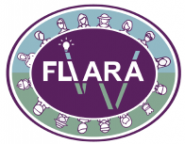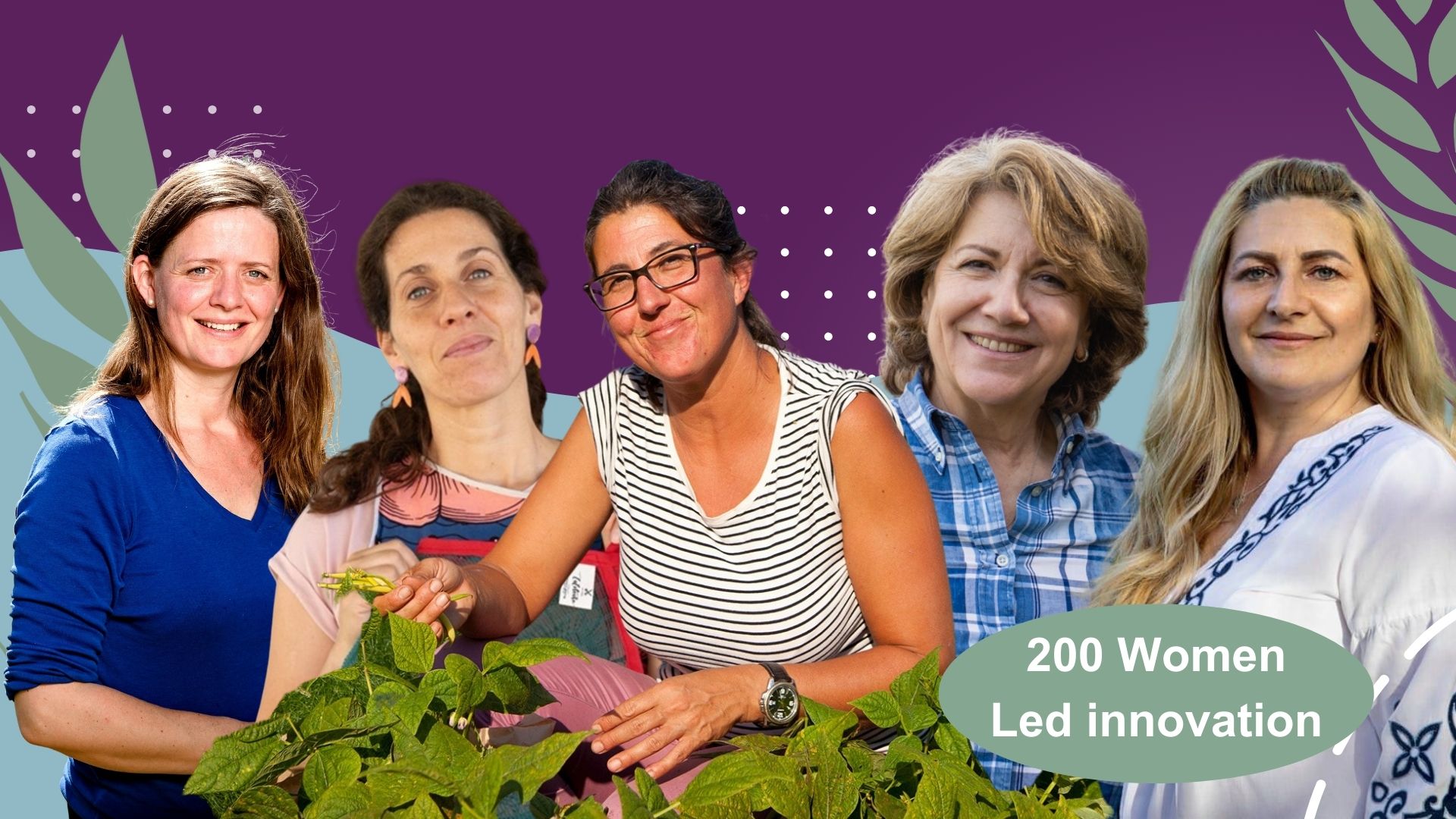The Case Study activities of the FLIARA (Female-Led Innovations in Agriculture and Rural Areas) project has reached its conclusion. Throughout an extensive research endeavour, FLIARA have conducted interviews with over 200 women across Europe who are spearheading innovative initiatives in farming and rural communities. Our partners and work package leads are currently in the process of analysing this wealth of material, with the aim of delivering comprehensive findings to the European Union by the end of June.
While our analysis is still in progress and subject to further refinement and approval, several preliminary lessons have already emerged. Here, we share these early insights, acknowledging that the final report may present additional nuances and conclusions.
Contextual Challenges and Adaptations of Rural Innovations
The specific location of each innovation plays a crucial role in its dissemination and adaptation. The distinctive resources, challenges, and needs of different rural areas significantly influence how innovations are implemented and developed.
Innovations situated near urban centres tend to benefit from better infrastructure and market access, which facilitate a broader range of economic activities and stronger urban-rural linkages. Conversely, more remote rural areas often face greater hurdles due to limited infrastructure and market reach, yet they adapt innovations to leverage their unique local resources and circumstances.
Motivations and Challenges for Female Innovators
The women leading these innovative projects are driven by a variety of motivational factors. Prominent among these is a strong desire to contribute to environmental sustainability and to support their local communities. These motivations are crucial in shaping the nature and objectives of their initiatives.
However, these women also encounter significant challenges. In many cases, they must navigate scepticism and credibility issues within patriarchal contexts. Balancing entrepreneurial responsibilities with domestic roles presents additional complexities. Financial constraints and bureaucratic obstacles further hinder their efforts. Moreover, the scarcity of local services and infrastructure in numerous countries exacerbates these difficulties.
Despite these challenges, the resilience and resourcefulness of these women are noteworthy. They often rely on local resources, family connections, and public assets to surmount obstacles, demonstrating a remarkable ability to adapt and thrive.
Towards a Supportive Environment for Female-Led Innovations
As the project transitions from fieldwork to the analysis phase, it is evident that a supportive environment is essential for fostering sustainable, female-led community-focused and farming innovations. The ongoing analysis will delve deeper into these preliminary insights, aiming to inform policies and initiatives that can bolster female-led innovations in rural Europe.
FLIARA can contribute to a more supportive and enabling environment by identifying and challenging the specific issues that these women experience, as well as spotlighting their motivations and abilities. This, in turn, will promote sustainable development and enhance the vitality of rural communities across Europe.
The FLIARA Project looks forward to continuing our analysis and sharing our comprehensive findings in the near future, contributing to the ongoing discussion on female-led innovations and sustainable rural development.



